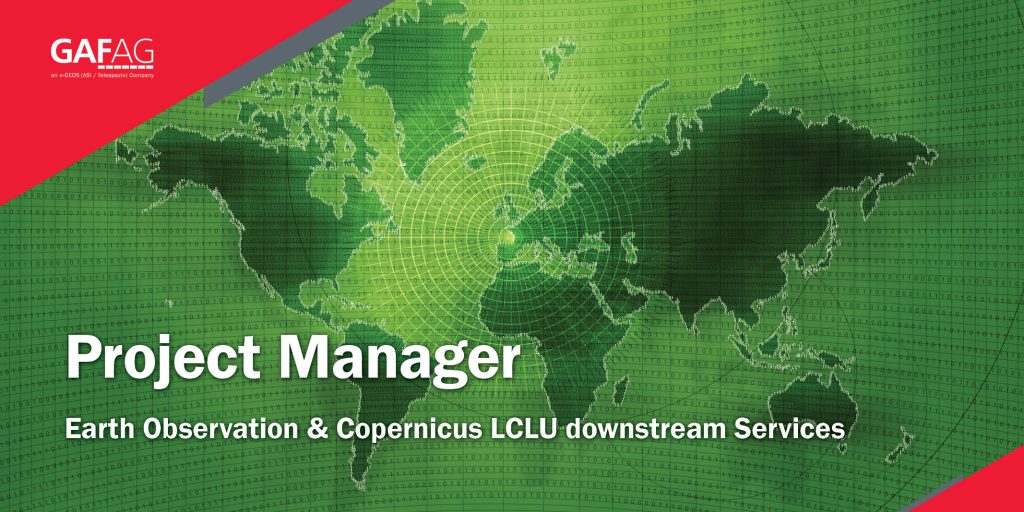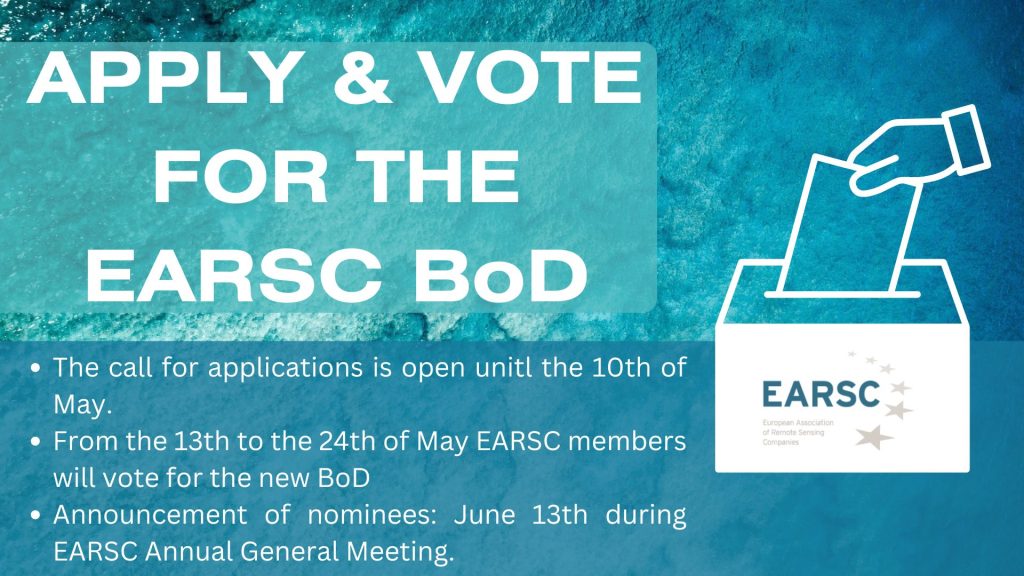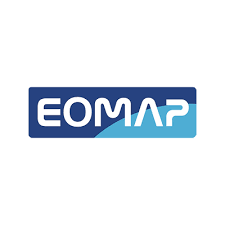
The voice of the Earth Observation
Industry
Barents bloom, Sentinel-2A - processed by ESA, CC BY-SA 3.0 IGO

Discover the largest European
Earth Observation Network
Lake Balkhash, Kazakhastan, Sentinel 2 - processed by ESA, CC BY-SA 3.0 IGO

EARSC promotes the understanding
of our Planet for societal benefits
Brussels, Spot 5 Sqtellite - Airbus Defence and Space
EARSC 4 Pillars
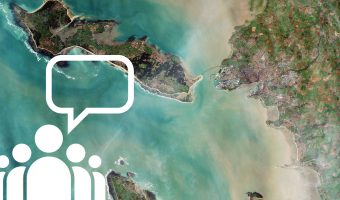
Representing the Members
The core pillar of our activities is to support and promote our members. We achieve this goal mainly through projects which we undertake (see projects). Members’ views are gathered through a series of ad-hoc working groups dedicated to important topics. We inform our members through a monthly report and a dedicated portal about important news and information, as announced bid opportunities – and dedicated e-mails for key items.
Read More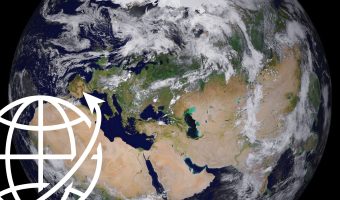
Market development & Internationalization
EARSC is engaged in a wide range of activities to develop new markets and business opportunities for our members. Our strategy is to engage users, identify needs and stimulate demand for European EO services both in Europe and abroad with complementary commercial and geographical approaches.
Read More
Promoting the industry
EARSC employs a range of sophisticated digital tools to promote the European EO sector. EARSC has three main digital tools which cover creating a shared vocabulary (EARSC TAXONOMY) , providing a common space to find EO companies, and a common space to discover ‘online’ EO services.
Read More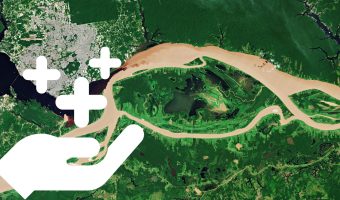
Showing the value of Earth Observation
The Earth observation sector delivers a wide range of social and environmental and economic benefits to citizens of Europe and the world. To properly and consistently value these impacts, EARSC leads the Sentinel Benefits Study (SeBS) project in which we measure the total societal impact of products and services coming from Sentinel satellite data.
Read MoreEARSC NEWS
IAF Seminar on GEOSS And Global Change
The International Astronautical Federation (IAF) has organized a seminar on Global Change, one of the key issues for our times, and on the Global Earth Observation System of Systems (GEOSS) proposed to be built over the next 10 years. The seminar will be held at UNESCO Headquarters, 7 place de Fontenoy in Paris on Sunday
Climate Change Debate at G8 Summit
The Heads of State and Government agreed at Heiligendamm to achieve the goal of cutting global CO2 emissions by half by 2050 as part of a UN process. Resolutions adopted by the EU, Japan and Canada form the basis of the agreement reached on climate protection, adding the approach suggested by the United States by
UK-Royal award for Vice-Chancellor
Bournemouth University’s Vice-Chancellor, Professor Paul Curran, is this yearís recipient of the Royal Geographical Society (with Institute of British Geographers) Patronís Medal. Professor Curran is awarded the honour for his international contributions to Earth observation (EO), an important field in contemporary geographical science and discovery. A former NASA research scientist and advisor to the European
UN-Committee on the Peaceful Uses of Outer Space to Hold 50th Session
To Discuss Space Exploration, International Cooperation in Space-Based Disaster Management, and Use of Satellite Technology for Sustainable Development The United Nations Committee on the Peaceful Uses of Outer Space (COPUOS) will hold its 50th session in Vienna, Austria, from 6 to 15 June. Celebrating its 50th anniversary and 50 years of space achievements, the Committee
Integrating in-situ monitoring and EO in the framework of GMES and GEOSS
The GMES and GEOSS initiatives, in concert with other activities, are creating a paradigm change in geo-spatial and environmental information sharing and recognise that geo-spatial products and services are key to both economic return and management of global issues. Programme ìIntegrating in-situ monitoring and Earth Observation in the framework of GMES and GEOSSî Open cluster
Integrating in-situ monitoring and EO in the framework of GMES and GEOSS
The GMES and GEOSS initiatives, in concert with other activities, are creating a paradigm change in geo-spatial and environmental information sharing and recognise that geo-spatial products and services are a key to both economic return and management of global issues. The European Association of Remote Sensing Companies, EARSC in collaboration with the European Commission, Information Society Directorate General (DG INFSO) are organising the workshop entitled ?¨Integration in-situ monitoring and remote sensing in the framework of GMES and GEOSS?Æ on Thursday, May 31st 2007 in Brussels.
EUMETSAT Joins European Space Policy
After joining the Space Council as an official permanent observer, EUMETSAT will be able to express its views in this European forum, where space issues are coordinated by EU and ESA Ministers in charge of space matters. In particular, its activities as an operator of GMES ñ related satellites and its provision of data and
Europeís Space Policy becomes a reality today
Ministers in charge of space activities in ESA’s Member States, and those tasked with internal market, industry and research within the European Unionís Competitiveness Council, met in Brussels today to adopt a Resolution on the European Space Policy. Jointly drafted by the European Commission and ESA’s Director General, the European Space Policy outlines the strategic
INSPIRE Directive adopted
After being published in the official Journal on the 25th April 2007, the directive 2007/2/EC of the European Parliament and of the Council establishing an Infrastructure for Spatial Information in the European Community (INSPIRE) entered into force on 15 May 2007. At the same time, the INSPIRE Works Programme for the development of the Implementing
Metop-A – Europeís first operational climate monitoring satellite takes up
The first science data were received as early as two days after the end of the Launch and Early-Orbit Phase; now the full data flow from the 11 instruments is available to users on an operational basis, offering unprecedented accuracy and resolution of different variables such as temperature and humidity, wind speed, ozone and measurements
ESA presents the sharpest ever satellite map of Earth
The most detailed portraits ever of the Earth’s land surface have been created with ESA’s Envisat environmental satellite. The portraits are the first products produced as part of the ESA-initiated GlobCover project and are available online. Bimonthly global composites for May to June 2005 and March to April 2006 can be accessed through a newly
Rapid post-disaster mapping to mark GMES progress
European civil protection and humanitarian aid units could soon have access to a rapid mapping service available at any time and in any place in the world. This service óto be delivered as part of the Global Monitoring for Environment and Security (GMES) initiativeó would consist of two types of maps: reference maps, to be
Useful Information for the FP7 Space Call
For your information please note that the reports from the three Fast-Track Services implementation groups are now available on the web as well as guidelines for development and validation of pre-operational GMES Fast-Track Services and a working document on correspondence between services developed under ESA GSE and GMES Fast-Track/Core Services. These documents can be downloaded
The EC has adopted the European Space Policy
The European Commission has adopted the European Space Policy, which reflects the key strategic importance that space systems and space applications have for Europe, in order to live up to its global leadership aspirations in selected areas. This Communication marks a milestone for the development of space policy in Europe providing a European identity to
EU needs powerful space policy to face global challenges
Emergency services and communications, navigation systems, live sports, news and weather coverage and financial transactions: day-to-day life in Europe depends more and more on space applications. A comprehensive political framework for the development of a viable and strong space sector has been tabled jointly today by the Commission and the Director General of the European
INSPIRE Directive has been published in the Official Journal
The INSPIRE Directive was published in the Official Journal, yesterday, the 25th April 2007. This means that the INSPIRE directive will enter into force on the 15th May 2007. Full text of the directive (EN). The directive is available in the official languages in the Official Journal of the European Union.
MEMBERS NEWS


